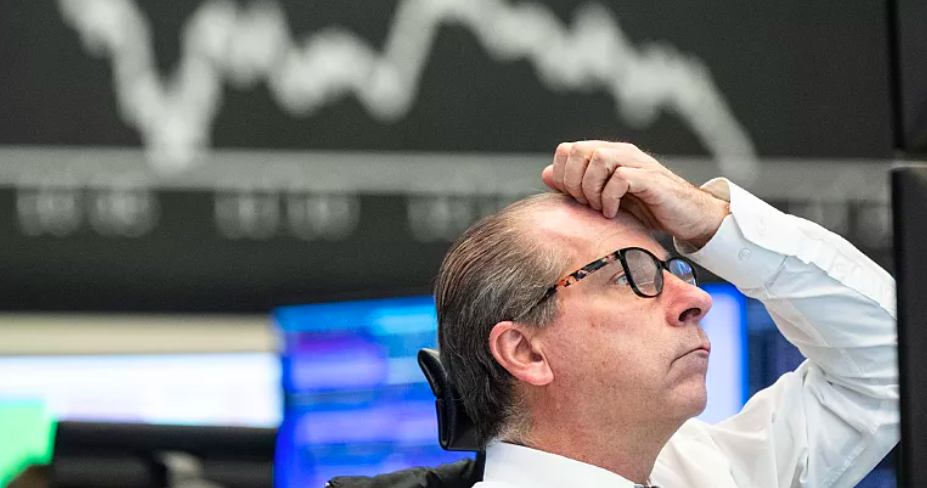The global financial sector continues to feel the impact of the recent and catastrophic collapse of California’s Silicon Valley Bank (SVB) over the weekend as trading this week began on shaky footing in different parts of the world.
Considered one of the worst financial disasters in recent memory, SVB’s spectacular collapse was triggered by an announcement it made on Wednesday, March 8th, regarding the sale of several securities at a loss. Bank officials declared that they would sell around $2.25 billion in new shares to stay balanced.
This raised an alarm among several venture capital firms that immediately advised their clients to withdraw their funds from SVB, resulting in a frenzied bank run.
What Should Investors Look Out for at This Time?
Given the increasingly volatile state of markets, and seeing how Australia’sS&P/ASX200 dropped by 0.3% as trading opened for the week, investors and financial analysts are wondering what’s going to happen in the near future.
According to Tallbacken Capital Advisors’ chief executive officer Michael Purves, investors can expect to deal with a great amount of event risk over the next several weeks.
Purves added that there will be a number of questions posed to other regional banks; in this case, there may be a high rate of volatility in the coming days.
How is SVB’s Collapse Currently Affecting the Banking Sector?
Experts believe that SVB’s collapse may cause a domino effect on regional banks within the United States. Indeed, a number of regional bank shares and those of smaller banking firms found themselves floundering during Friday trading.
Likewise, the S&P 500’s regional banks index plunged by 4.3% in the wake of SVB’s failure, bringing total losses to around 18% in its worst week since 2009.
Experts believe that it will take some time before custom confidence returns to the global banking sector.
What Does This Mean for Tech?
Another victim of SVB’s failure is the technology sector, specifically fintech, and cryptocurrencies.
Indeed, a number of Chinese tech startups were among those hit hardest by the bank’s collapse. Prior to the current crisis, SVB served as a primary funding bridge for firms operating between China and the United States.
The bank’s Chinese joint venture partner, however, was quick to assure the public that its corporate structure remains sound and its balance sheet is handled independently.
Meanwhile, the British government is working to minimize any damage the SVB collapse has done to its own tech sector. As of press time, Prime Minister Rishi Sunak announced that concerned agencies are preparing solutions to minimize any impact stemming from the failure of SVB’s partner firm in the United Kingdom.















